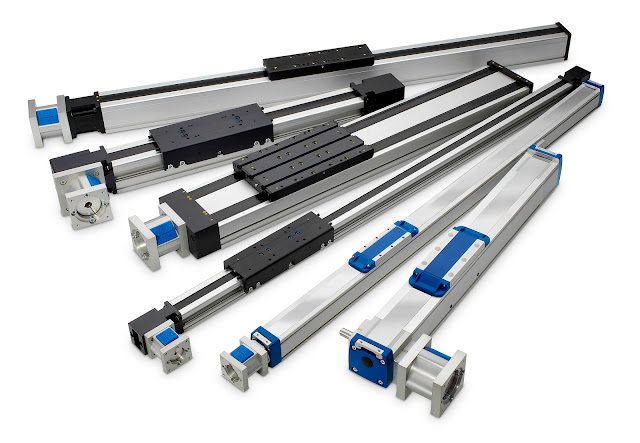Angioedema Treatment Helps Relieve Swelling and Other Symptoms and Prevents Recurrences
Angioedema Treatment is aimed at relieving swelling, and preventing recurrences. This is done by taking antihistamines, which block the effects of histamine on the body, and by treating the cause of patient’s symptoms. The most common type of angioedema is allergic, caused by an allergy to something that triggers the release of histamine. This can be a medication, food, venom, and animal or pollen dander. In some cases, the reaction can be life-threatening and is called anaphylaxis.
Swelling typically occurs around the eyes, lips, mouth and throat however, can involve other areas of the body such as the hands, feet and genitalia. Swelling can be itchy and red, especially if it is accompanied by a rash. Symptoms usually go away within one to three days, although some people have a rash called urticaria (hives) that lasts for weeks. It may also cause breathing difficulties, stomach pain or dizziness.
According to Coherent Market Insights the Angioedema Treatment Market Global Industry Insights, Trends, Outlook, And Opportunity Analysis, 2022-2028.
Swelling occurs when there is an allergic reaction, such as in response to a medication, or after being exposed to certain substances (such as foods, medicines or insect bites). The swellings are itchy and irritated, yet, aren’t painful or burning. Angioedema Treatment helps to keep the swelling under control so it doesn’t come back. The most common way to treat angioedema is with antihistamines. However, if these don’t help, steroid medications might be prescribed.
The main Ornithine Transcarbamylase (OTC) Deficiency Treatment deficiency is a low-protein diet and medication. The goal of a low-protein diet is to reduce the production of ammonia in the body and prevent its buildup in the blood. Occasionally, a severe allergic reaction to a trigger substance can cause life-threatening swelling in the throat or tongue. In such cases, the patient should be treated with an EpiPen or epinephrine injection, depending on their condition and symptoms.
Allergic angioedema is triggered by an immune response that can be caused by a variety of factors, including the presence of certain proteins in the body. The most common causes are allergies to certain foods, medicines or insects. Other possible causes are a disease that affects the immune system, such as leukaemia or lymphoma. In February 2023, Takeda Biopharmaceuticals India, announced the launch of CINRYZE, a new injectable prescription medicine for the treating hereditary angioedema patients.




Comments
Post a Comment